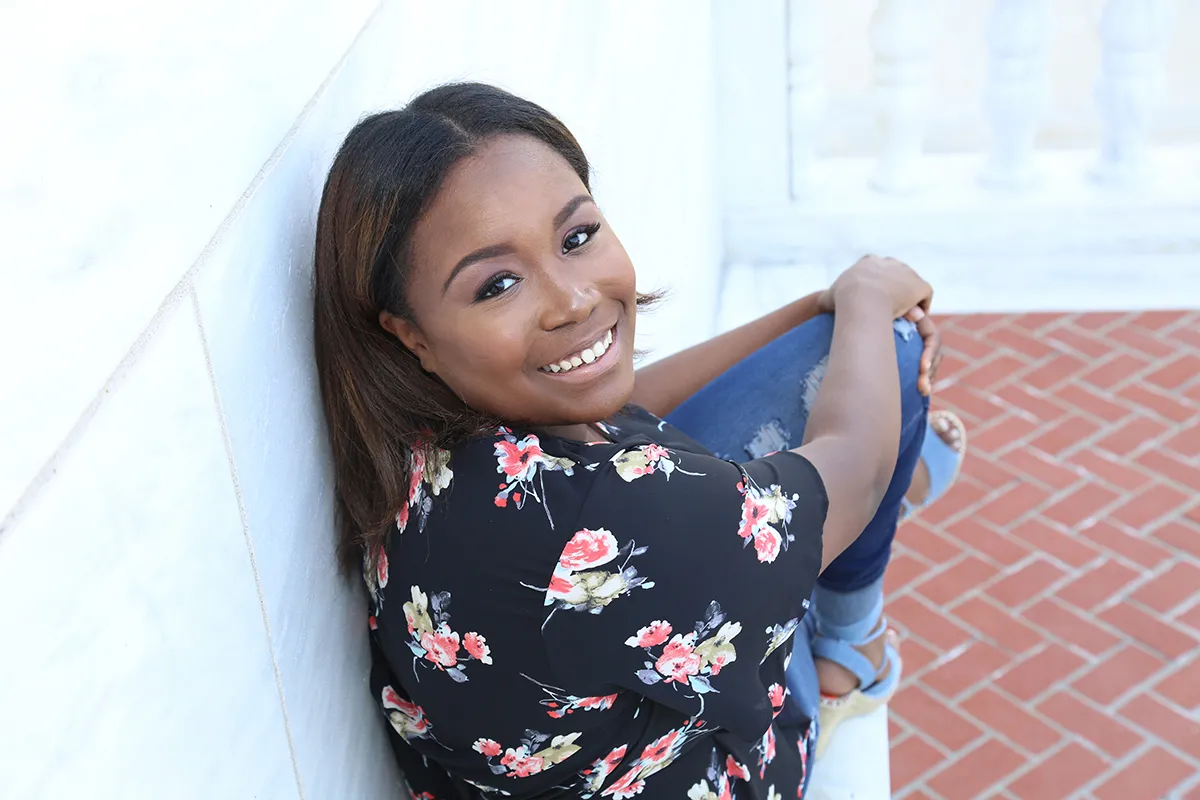The deaths of George Floyd, BreonnaTaylor, and Ahmaud Arbery have sparked a lot of feeling and reflection in Yetunde Smalls ’21.
“I’ve been overwhelmed with emotion,” she said. “I was in middle school when Trayvon Martin was killed, and then a few years later Sandra Bland was killed, and I thought they were these snapshots where people were made aware of how Black people were brutalized, but it seemed like they grew numb to it. Now it’s happening on a global level, and people are reacting. I’m hoping that as a global community we can create initiatives and change minds.”
Smalls is not alone in wanting global change. But she’s also focused on the changes that she can make on the Ithaca College campus. As a former student trustee on the Ithaca College Board of Trustees, a current MLK scholar, a 2020 Newman Civic Fellow, and a senator for the class of 2021, she sees opportunity. However, she knows change happens in stages. One of the first things that has to happen is a willingness to communicate.
